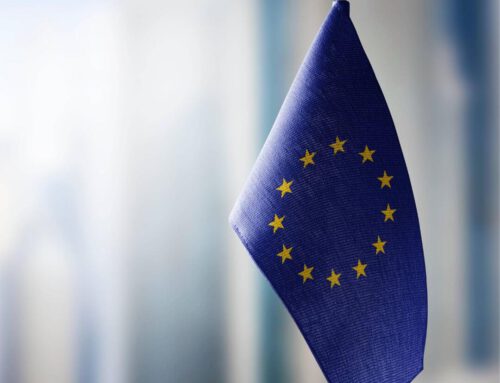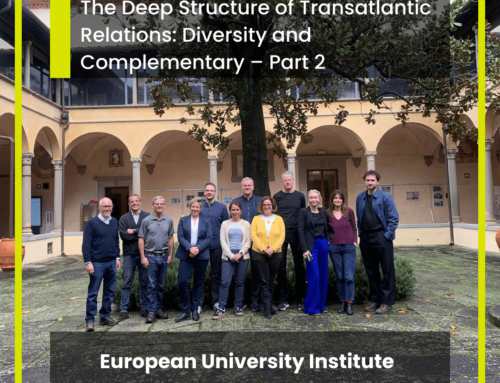Abstract
How do Eurosceptic parties position themselves regarding individual European Union (EU) institutions? Using Euromanifesto data from 1979 to 2019, this study addresses this question by disaggregating the attitudes of party families towards separate intergovernmental and supranational EU institutions. It focuses on the relationship between the identities of radical left- and right-wing parties and Euroscepticism. The findings reveal that post-communist parties are more sceptical of intergovernmental institutions than nationalist parties, whilst nationalist parties are more sceptical of supranational institutions. Despite widespread Euroscepticism in both nationalist and post-communist party families, nationalist parties’ attitudes towards intergovernmental institutions align with those of other party families. In contrast, post-communist parties support the transfer of more competences to the European Parliament but are sceptical of intergovernmental institutions. These results suggest that foundational party identities influence party-based Euroscepticism, which has implications for the EU’s handling of increasing Euroscepticism.




